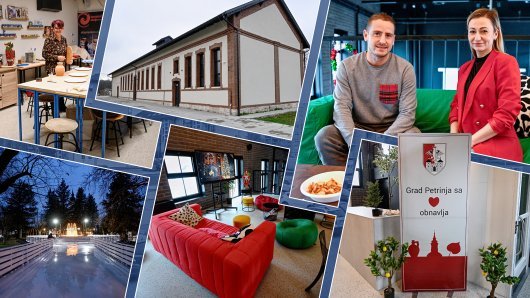The government must prevent food and energy price hikes and work together with the opposition to prevent utility price hikes, because further increase of prices would devastate the already poor living standards of Croatian families, Independent Croatian Trade Unions (NHS) president Kresimir Sever told a news conference on Tuesday.
The government must use its influence on the oil company INA and the Croatian Power Company (HEP) so as to prevent gas and power price hikes this autumn and together with the opposition it needs to prevent utility price hikes in local self-government units, Sever said.
Commenting on the announcements of a possible increase of the price of bread, Sever said that with the current price of wheat there was no grounds for increasing the price of bread. "We just need to make sure we don't export too much wheat so that we would not have to import wheat at a higher price."
The price of meat should also not go up, the unionist said.
The average cost of living of a four-member family in Croatia in July amounted to HRK 6,635.22, up 0.06 percent from June, with the average net salary covering 79.53 percent of that cost, sever told the news conference.
The extent to which the average salary covered those living costs was 0.42 percent more than in June because the average net salary increased by HRK 31
The consumer basket of a family of four ranged from HRK 6,256.02 in Varazdin to HRK 7,205.02 in Pula.
The cost of food had the biggest share in the consumer basket, of 39.7 percent, as had been the case in the previous seven months.
If rental housing costs are added to those average living costs, they go up to HRK 8,443.29 and the average salary covers 62.5 percent of them, the NHS said..
The consumer basket for a family of two pensioners living in their own apartment in June amounted to HRK 3,586.29. The average pension allowance paid in June was HRK 2,177.06, which was enough to cover 60.71 percent of the consumer basket.
The consumer basket covers costs of food, hygiene, clothing, housing, transportation and culture.
The calculation of the consumer basket does not take into account the cost of having a car, the cost of education (purchase of school books) and health care (food supplements, medicines etc), holiday costs or the cost of sports activities.

































